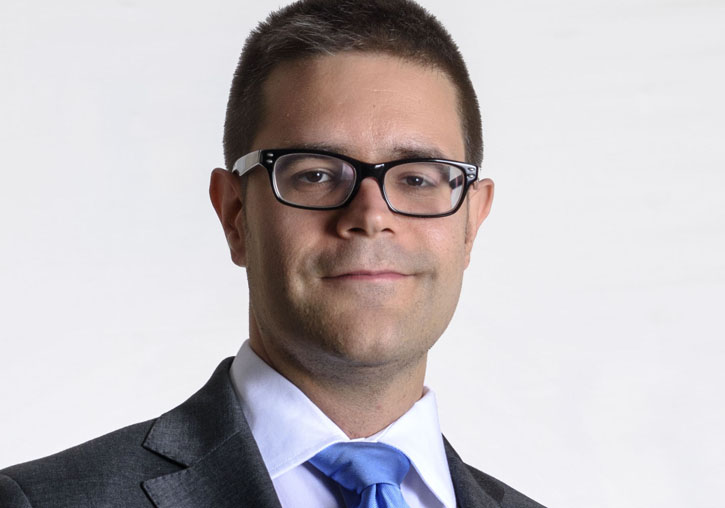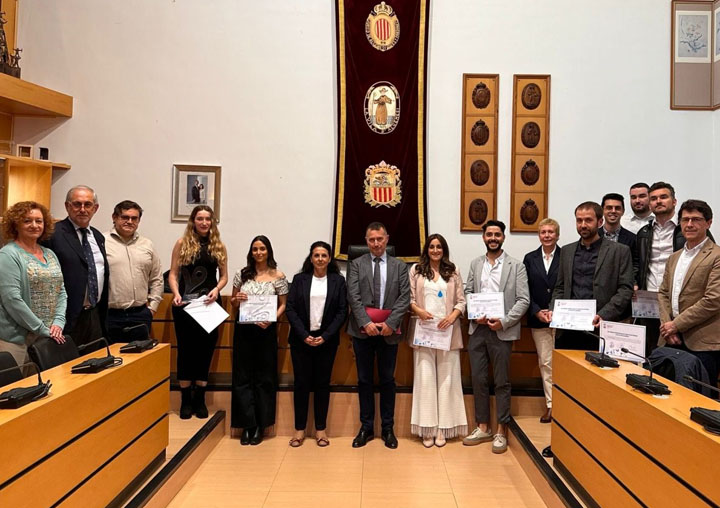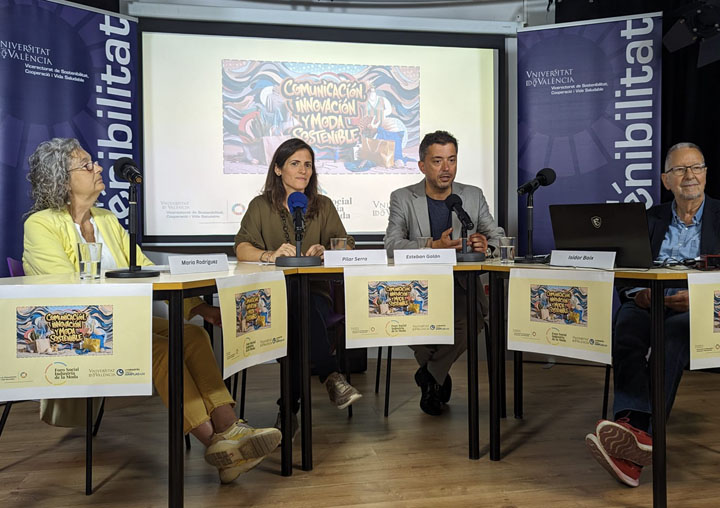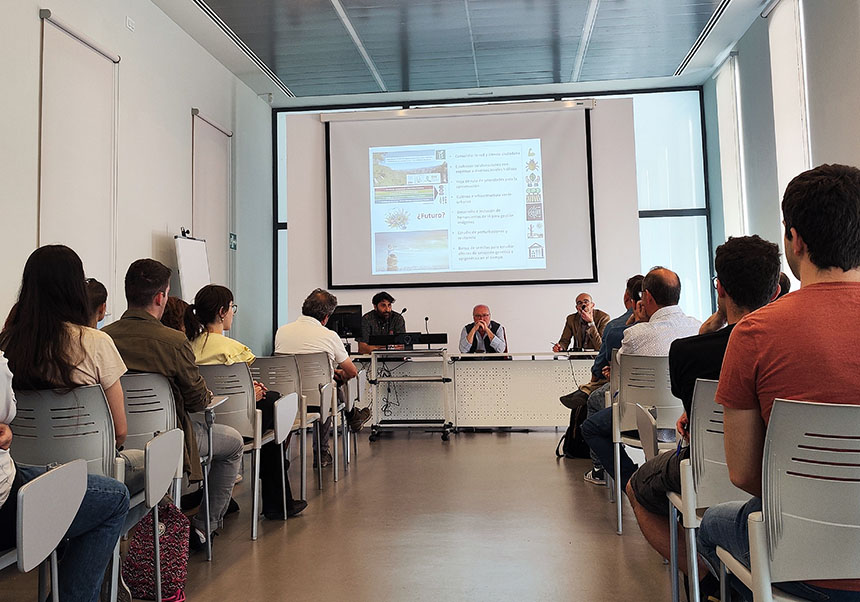A research analyses the consequences of teleworking surveillance through electronic means
- Scientific Culture and Innovation Unit
- October 1st, 2020

Adrián Todolí and Miguel Rodríguez-Piñero, researchers from the University of valencia (UV) and the University of Seville, respectively, have coordinated Vigilancia y control en el Derecho del Trabajo Digital (‘Surveillance and Control in Digital Work Law’), one of the first books that deals with the control of digital work by part of the business community. The publication is part of the III Congress on Automation, Monitoring and Control of Workers and Fundamental Rights, organised in 2019 by the Chair of Collaborative Economy and Digital Transformation of the UV.
Video surveillance, email recording, computer monitoring, or also potentially invasive control mechanisms of fundamental rights such as geolocation are analysed by dozens of authors specialised in each subject. Also wearables (personal daily use objects carried with a microprocessor) or biometrics (use of technologies that measure and analyse the characteristics of the human body: DNA, iris of the eyes and retina, tone and timbre of the voice or fingerprints).
The book published by Aranzadi also addresses these biometric controls for time registration, or factors such as digital disconnection or digital reputation. The latter implies that publications on social networks can influence the consideration of the person by the company. The work also deals with the damage to the health of workers that can cause excessive technological control of work and the impact on occupational risk prevention regulations.
“With the increase in teleworking, many companies are betting on electronic surveillance of the worker and acquire specialised software that counts every second that is spent in front of their computer, even if they are at home. However, many times these surveillance measures are not for legal use in Spain because they invade the privacy of the working person”, highlighted Adrián Todolí, a contracted doctor professor at the UV Law School.
Information and communication technologies have become the quintessential mechanism through which the business community exercises the functions of control and surveillance of labour provision. In parallel, the multiple conflicts that derive from its use have generated misgivings and criticism from various legal spheres, among which the Labour Law stands out, due to the impact on labour rights.
In an environment in which technological control devices are used to organise the distribution of tasks and work time, the purposes and the way in which they are used may entail a violation of fundamental rights related to privacy, especially the right to privacy. personal and family privacy, the protection of personal data, the secrecy of communications or the right to one’s own image.
“In addition to these, other rights that are seriously affected are particularly important, such as the right to work, to strike and to freedom of association, to rest, to not being discriminated against, to the protection of people’s health and a litany of constitutionally protected rights”, points out Adrián Todolí.
















